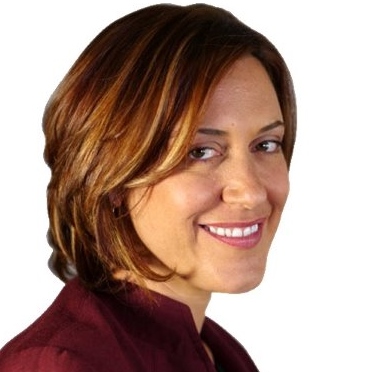
Israel

The real battle behind Israel’s elections
PAULA SLIER
A few Friday nights ago, several hundred haredim from the ultra-Orthodox Mea Shearim neighbourhood in Jerusalem blocked off the streets in the nearby Russian compound as they sometimes do. They shouted “Shabbas! Shabbas!” as they formed human chains to prevent cars from driving through. It’s important to highlight that this isn’t a religious neighbourhood. Unlike Mea Shearim, people who live here drive on Shabbat while circling around Mea Shearim where steel barricades prevent traffic from passing through on the weekend.
Had this happened in Mea Shearim, I wouldn’t be writing this piece. But the ultra-Orthodox had come into a secular neighbourhood to provoke citizens living there.
We were on our way to my partner’s family for Friday night dinner, and were trying to drive through the crowd. Suddenly a young protestor threw a huge rock at our windshield, cracking it almost in half. We were forced into a side street while being pelted with rocks. The protestors then closed the street by placing huge stones in our way, and forcing their children to stand behind them. The whole time, they screamed hysterically at us for breaking Shabbat and, I’m horrified to say, also repeatedly called me a prostitute.
The experience was very upsetting. I visited a friend’s house a few days later who lives in the same neighbourhood. He keeps a plate of eggs near his living room window, ready to throw at ultra-Orthodox demonstrators every time they protest outside his apartment block.
Israel is just weeks away from its third election in a year, and the latest polls suggest yet another political stalemate. The question of the oversized influence of the ultra-Orthodox is again on the agenda. Many Israelis blame the religious establishment for repeated elections because of their refusal to compromise to Yisrael Beiteinu leader and “kingmaker”, Avigdor Lieberman’s, demand to draft ultra-Orthodox Jews into the army.
Currently they are exempt from service from the age of 24 and as a result, many learn in yeshivot until then. This week, a committee set up by the Israeli army found that the age of granting draft exemptions for ultra-Orthodox men should be lowered so as to prevent them from entering the job market only in their mid-twenties. The panel also found that a substantial number of recruits classified as ultra-Orthodox didn’t live a haredi lifestyle while they served in the military.
Increasingly, Israelis are voting less about security and more about questions of identity, Jewishness versus Israeliness, and democracy. The question of Orthodox conscription remains an election hot potato – as does the question of driving on Shabbat.
Since the last election in September, a private Shabbat bus system has gone operational in Tel Aviv and other cities, upending a decades-long blackout of public transport over the weekend. While many religious Jews consider driving on Shabbat profaning of the holy day, more than 70% of Israel’s Jewish citizens favour public transport.
They complain that especially in areas that are almost entirely secular, there should be public transport over the weekend. The issue is the latest in a culture war between religious and secular Israelis that has increasingly dominated national politics.
Benny Gantz, former army chief of staff and the main rival of Prime Minister Benjamin Netanyahu, has pledged to permit municipalities to operate public transport on Shabbat. He’s also promised to liberalise marriage laws that are currently controlled by the Orthodox rabbinate.
His followers welcome such views, which is why his party is expected to win the most votes next month – but still fall short of being able to form a coalition majority.
The six new weekend bus lines have proven hugely popular, drawing more than 10 000 passengers each Shabbat. But their popularity has not made the religious parties budge.
For more than 70 years, buses and trains haven’t run in most of Israel from sundown on Friday to nightfall on Saturday. This was a promise by the country’s first prime minister, David Ben-Gurion, to the ultra-Orthodox community and consecutive governments have adhered to it.
Netanyahu relies on the support of the religious right, and for as long as he is in power, it seems unlikely that the government will allow buses to operate on Shabbat.
Ultra-Orthodox Jews make up just more than 10% of Israel’s population. Recent polls predict that both the Ashkenazi ultra-Orthodox party, United Torah Judaism, and its Sephardi counterpart, Shas, will maintain their influence with seven or eight seats each.
If there’s one good thing that came out of that Friday night altercation, it’s that an ultra-Orthodox youngster came to talk to me privately. He wanted me to know that the crowd didn’t represent all haredim in Israel, and that many were against protesting in secular neighbourhoods on Shabbat.
Still, the growing rift between the religious and secular communities shows no sign of diminishing, least of all when it’s used by political leaders for electoral points.




